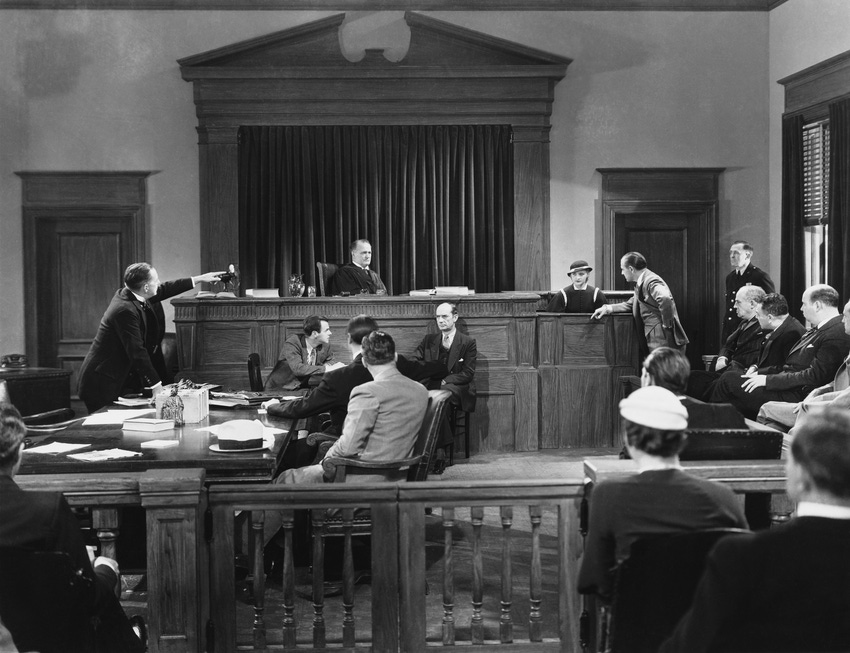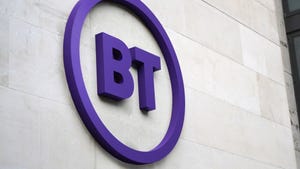Virgin Media has said it will be putting new clauses in the updated Electronic Communications Code (ECC) to the test as it takes Durham County Council to court over land access difficulties.
June 11, 2018

Virgin Media has said it will be putting new clauses in the updated Electronic Communications Code (ECC) to the test as it takes Durham County Council to court over land access difficulties.
The disagreement between Virgin Media and Durham County Council surrounds the decision to expand the telco’s fibre network to 16,000 properties by the end of 2019. While there was support in the early stages of the project, the council is charging what Virgin Media describes as a ‘hefty’ per-metre levy, despite BT and other utility providers already having their pipes and cables installed in grass verges the Highways Department in Durham recommended as the build option to minimise disruption.
“We are disappointed to be taking this action against a Council with whom we initially had a good working relationship,” said Tom Mockridge, CEO of Virgin Media. “By demanding money for land access Durham County Council is now putting up a broadband blockade to thousands of homes and businesses across the county.
“This issue goes wider than the city of Durham. Haggling over land access when we build in a new area slows down broadband rollout and deters investment. It is also an impediment to Government and Ofcom’s ambition for increased fibre rollout and network competition to BT. It’s time rhetoric was put into action to truly break down the barriers to building broadband.”
The issue which is being corrected in the updated ECC is that of ransom rents, a plague to the telecoms industry. As a substantial number of fixed and mobile assets have to be built and maintained on privately owned land, complicated leasing documents are needed. As most of the landowners realise they are in the position of power, telcos are overcharged for access, both to build the asset in the first place, and each time maintenance needs to be carried out. It is an expensive aspect of the business for telcos.
Another worrying trend which was pointed out to us by EE a couple of weeks back is the renegotiation of terms. As most of the leases contain a list of assets on the rented ground, upgrades mean a renegotiation of the terms as introducing new equipment alters the agreement, which gives the landowner the opportunity to charge more as the telco is left with little or no choice. EE is trying to set precedent against this trend with its own lawsuit, but the ECC is supposed to be addressing this unreasonable balance of power.
The main issue is telcos are not currently viewed as a utility and therefore do not have the same rights to access. Due to the critical importance of utilities such as water, gas and electricity, engineers are able to access assets without consent from landowners and do not have to worry about being overcharged in leasing agreements. Telcos want the same access rights as the utilities, but do not want to be regulated as utilities, which is one of the causes of the whole issue. The telcos are not willing to make the necessarily regulatory concessions to ensure the government can protect their interests and offer them more freedoms for the rollout of future-proof infrastructure.
The root cause of this problem is one we are familiar with; rigid and inflexible telcos, stubbornly targeting a protectionist set-up with the government without giving anything in return. Landowners should not be able to hold telcos to ransom, but some concessions will have to be made to ensure progress towards the digital dream can be made.
About the Author(s)
You May Also Like








.png?width=300&auto=webp&quality=80&disable=upscale)


_1.jpg?width=300&auto=webp&quality=80&disable=upscale)


.png?width=800&auto=webp&quality=80&disable=upscale)